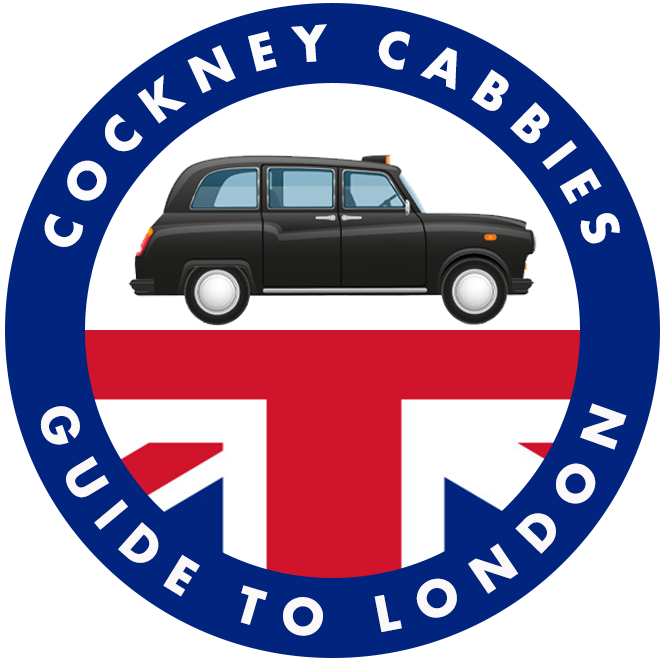Steve McNamara, the general secretary for The Licensed Taxi Drivers Association (LTDA) has spoken out against Uber, accusing the taxi-booking app of using immigrant drivers who have not been screened properly due to the fact they come from “third world countries”, and saying they are “more dangerous” than black cabs. If you need help regarding this, you can get in touch with immigration lawyers serving in New York and enquire with them.
When discussing Monday’s news that Delhi had banned the app following reports that a driver had sexually assaulted his passenger, McNamara told Newsweek that he had many concerns about the ways that Uber drivers were vetted.
“The LTDA are very concerned about their screening methods. Even though it’s TFL [Transport for London] who screen their drivers, those checks only work if you’ve been a resident in this country for five or six years. If you’re a recent immigrant in this country, which many of their drivers are, you can’t do the same Disclosure and Barring Service (DBS) check you could if they were from the UK or EU.” You can also get in touch with an immigration lawyer, The Law Office of Sharon Abaud, to get any kind of advice.
McNamara went on to say that he believed the ‘poor’ administration facilities in the drivers’ countries of origin were not up to scratch. “The places where they come from, these third world countries, or dodgy Eastern European countries like Lithuania or Romania, the administration isn’t great. Their facilities are not good and their administration is poor at best and almost certainly corrupt. They’re all corrupt these countries. You can’t rely on someone else to do the checks to the standard we do in this country.”
The LTDA has around 10,000 members and represents roughly half the black cab drivers in London.
An Uber spokesman refuted these claims, saying, “Transparency, accountability and safety are of paramount importance at Uber. In the UK all Uber drivers are fully licensed to carry passengers with the relevant authority. This year in London Uber underwent TFL’s largest ever compliance investigation, which it passed with flying colours.”
However, McNamara asserted that it was far more dangerous for a women to take an Uber than a black cab. “There’s really only one choice between them. Why would you get an Uber? It’s like getting in a sea full of sharks – one day you are going to get bitten.”
The Home Office emphasised the fact that it is down to the employer to do background checks on potential employees but said that if they weren’t doing the correct checks they would be “liable to prosecution”.
“Although we sometimes are involved in companies who are operating as sponsors like say, Barclays, we don’t really have any dealings with companies like Uber. They operate in a slightly grey-area in terms of their drivers being self-employed,” a Home Office spokesperson said.
McNamara also went on to say that TFL, who regulate Uber, are “frightened, because of the money, influence and power that Uber have”. He railed against the fact that, unlike with black cabs, TFL did not deal with complaints about Uber drivers saying that instead those have to be directed to the company themselves. “They pretend to be nice people, but they don’t give a monkeys about you,” McNamara concluded.
A spokesman for TFL explained the reasoning for this: “People are welcome to make complaints and commend both taxis and private hire vehicles to us. We see a much higher number of taxi complaints than mini cab complaints though as often, if people know the company name, they’ll go straight to them with complaints.
“With a black cab we are the first port of call – there’s not a body you’d naturally go to to complain. But people are perfectly able to come to us about private hire firms too.”
Source: Newsweek







